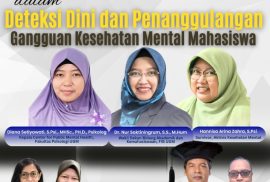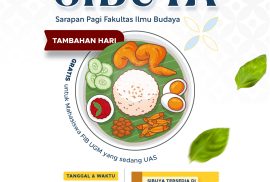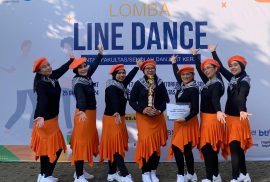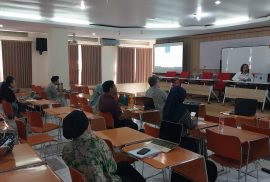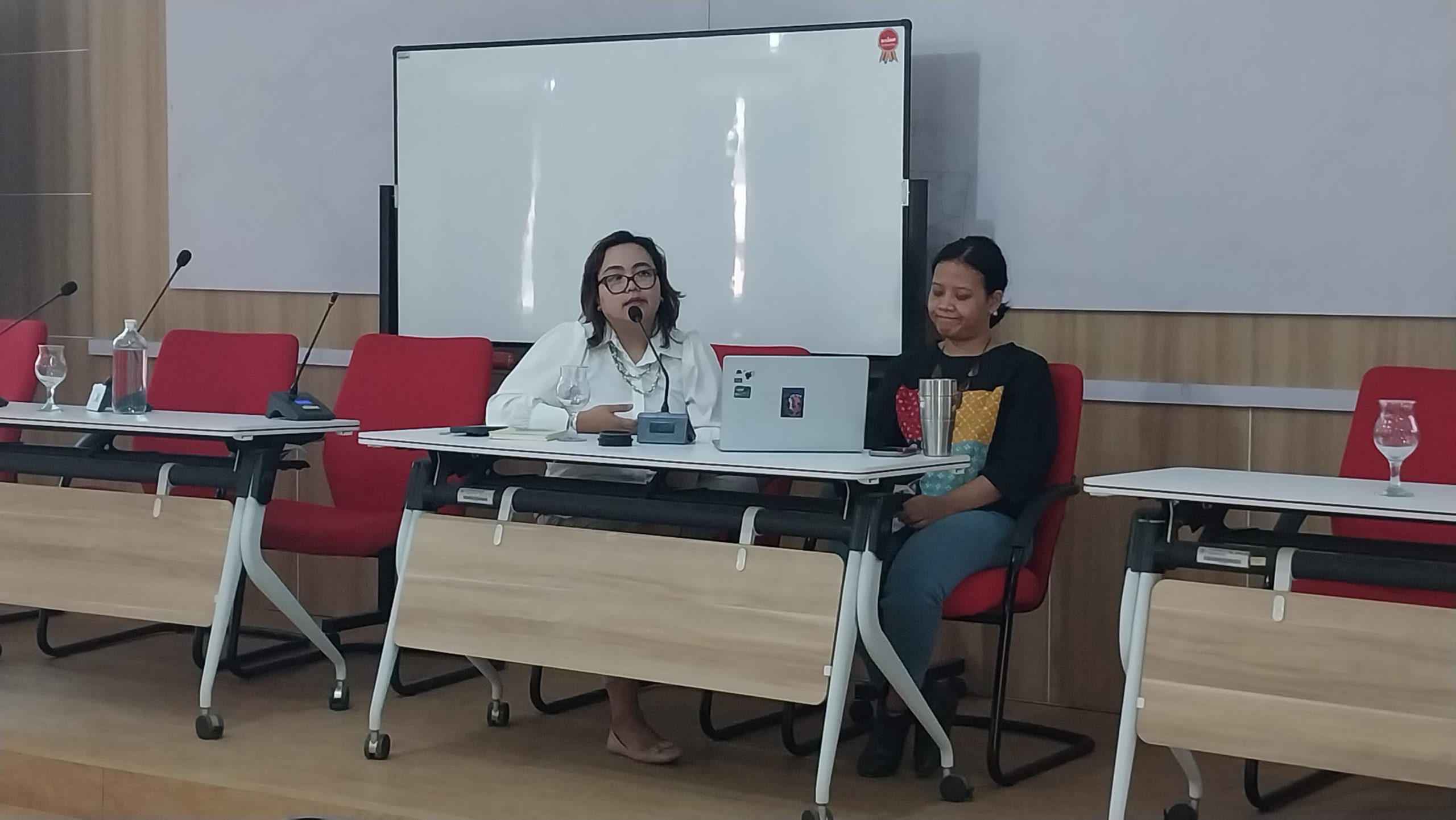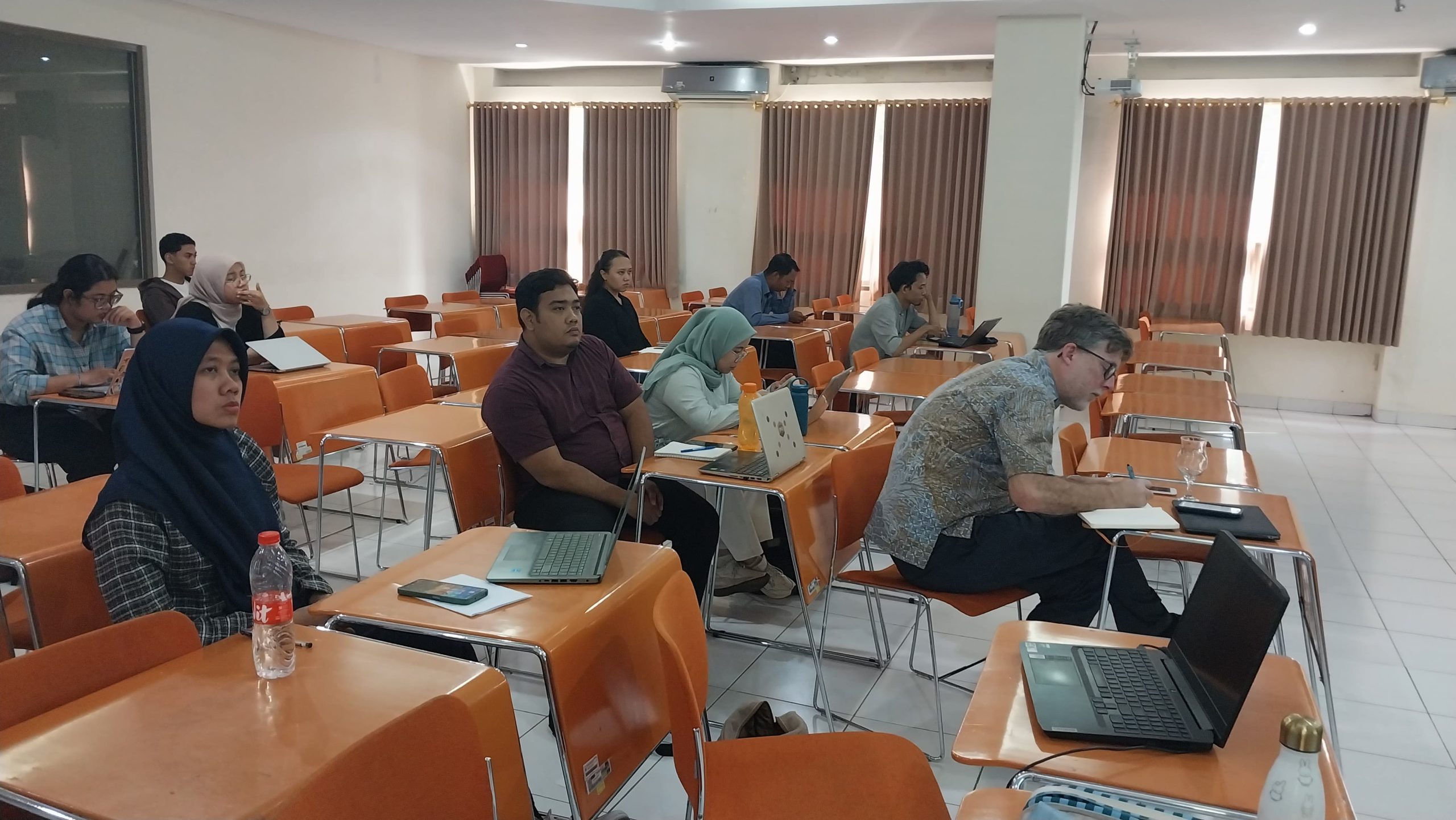Yogyakarta, November 23, 2024 – In an effort to support student mental health, the Association of Parents of Students of the Faculty of Cultural Sciences, Universitas Gadjah Mada (POTMA FIB UGM) held a webinar entitled “The Role of Campus and Parents in Early Detection and Management of Student Mental Health Disorders”. This webinar was held online through the Zoom platform, attended by hundreds of participants from among parents of FIB UGM students.
The event was opened with remarks from Prof. Dr. Setiadi, M.Si., Dean of FIB UGM, who emphasized the importance of collaboration between campus and parents in dealing with student mental health. Chairman of POTMA FIB UGM, Rian Seriritta, A.Md., also expressed his appreciation to the participants for their active role in this activity.
The webinar presented inspiring speakers:
- Diana Setiyawati, S.Psi., MHSc., PH.D., Psychologist, Head of Center for Public Mental Health UGM, who discussed the importance of early detection to prevent mental disorders from becoming more serious.
- Dr. Nur Saktiningrum, S.S., M.Hum, Vice Dean for Academic and Student Affairs of the Faculty, who outlined campus programs and services in supporting student mental health.
- Hannisa Arina Zahra, S.Psi, a mental health survivor and activist, who shared her personal experience and provided guidance for parents to be the best support for their children.
Guided by moderator Nugraheni Dwi Budiarti, S.Pt., M.Pd., the webinar was interactive, with a question and answer session that explored the strategic role of parents in recognizing the early signs of mental health disorders.
This event is expected to strengthen the synergy between parents and educational institutions in creating an environment that supports students’ mental well-being. The potential for further collaboration was also suggested by several participants to increase the positive impact of this initiative. With the success of this webinar, FIB UGM and POTMA continue to be committed to supporting student mental health in order to create a resilient and productive young generation.

